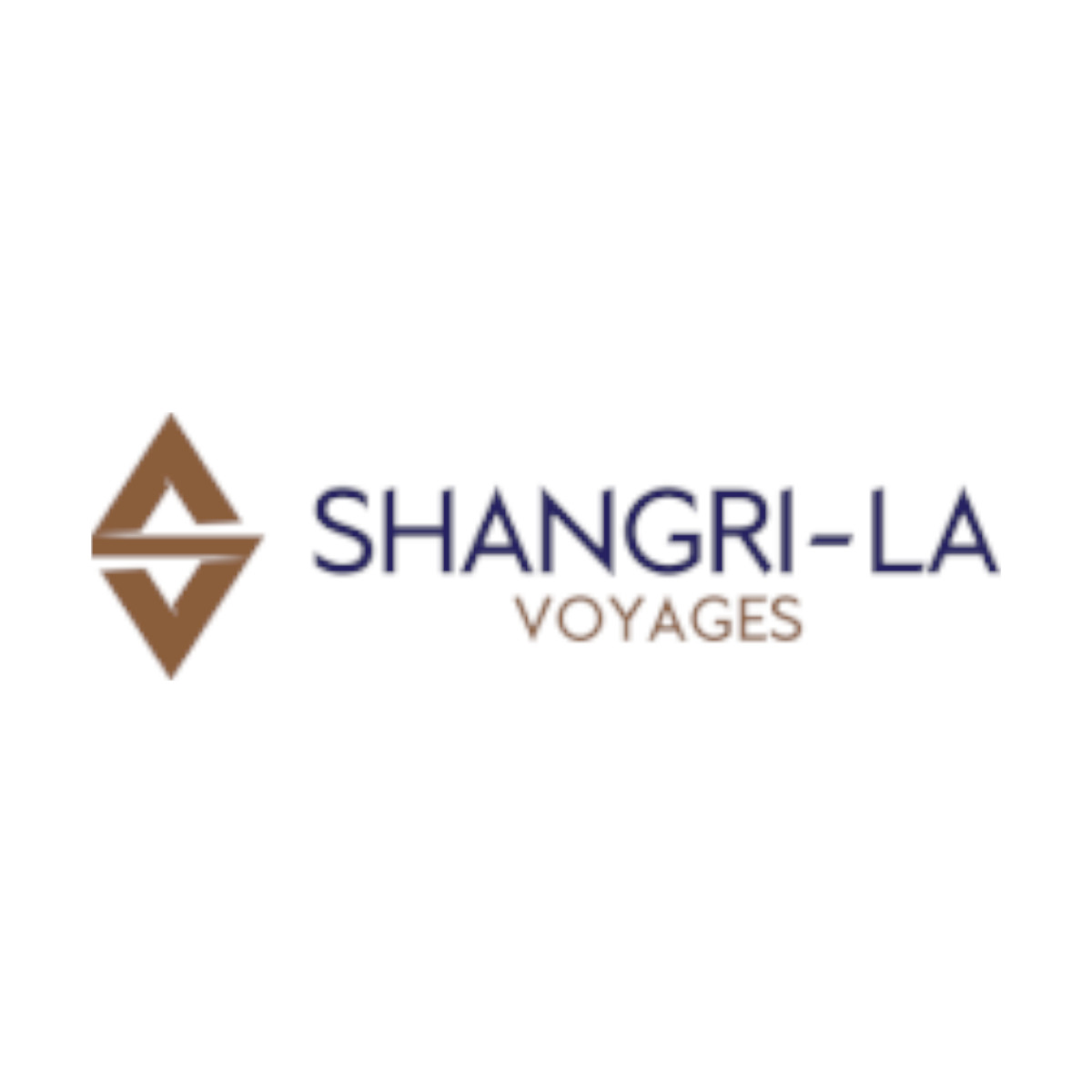
Online Travel Agencies (OTAs)
We Offer
The process of adding your hotel or travel-related services to the platforms of online travel agents is known as OTA registration. Expedia, Booking.com, Airbnb, and TripAdvisor are just a few of the websites that function as middlemen between customers and service providers. Making an account with OTAs entails supplying information about your company, such as pricing, availability, and policies.
Having access to a huge and varied audience of potential clients is one of the main advantages of OTA registration. OTAs are a potent marketing medium since they draw millions of tourists from all over the world. Through this exposure, you may be able to connect with clients who your own website or conventional marketing techniques may not have been able to.
The hotel and travel sector is highly competitive, and registering with an OTA can provide you an advantage. It puts you on an equal footing with larger hotel chains and established travel organizations. This democratization of access to travelers has the potential to transform small enterprises.The internet travel environment is ever-changing, with new OTAs appearing and market dynamics moving. being current and ensuring long-term success requires being up to date on industry trends and adapting your OTA approach accordingly. OTA registration might be advantageous whether your website sells hotel stays, tours, vehicle rentals, or any other travel-related services. Travelers frequently utilize these platforms to plan their entire vacation, thus being present on OTAs can help you attract more customers.

The hotel and travel sector is highly competitive, and registering with an OTA can provide you an advantage. It puts you on an equal footing with larger hotel chains and established travel organizations. This democratization of access to travelers has the potential to transform small enterprises.The internet travel environment is ever-changing, with new OTAs appearing and market dynamics moving. being current and ensuring long-term success requires being up to date on industry trends and adapting your OTA approach accordingly. OTA registration might be advantageous whether your website sells hotel stays, tours, vehicle rentals, or any other travel-related services. Travelers frequently utilize these platforms to plan their entire vacation, thus being present on OTAs can help you attract more customers.Revenue generated, as well as customer demographics. KPIs (Key Performance Indicators): Define and track key performance indicators (KPIs) for your OTA activities, such as conversion rate, average day rate (ADR), revenue per available room (RevPAR), and return on investment (ROI). Compare your OTA performance against that of competitors to identify areas for improvement. Keep up to date on market trends, such as changes in customer preferences, OTA algorithms, and new entrants into the OTA field. Maintain consistent pricing across all distribution channels, including your website and OTAs, to avoid penalty or loss of exposure on OTAs.To boost your visibility, consider investing in OTA advertising alternatives such as sponsored listings or featured placements.To increase bookings during off-peak periods, use OTAs to run special specials or bundles.Revenue generated, as well as customer demographics. KPIs (Key Performance Indicators): Define and track key performance indicators (KPIs) for your OTA activities, such as conversion rate, average day rate (ADR), revenue per available room (RevPAR), and return on investment (ROI). Compare your OTA performance against that of competitors to identify areas for improvement. Customer behavior and performance. Ensure that your OTA procedures are in accordance with local hospitality and travel norms and laws.Reevaluate your OTA approach on a regular basis depending on performance data and industry developments. Be adaptable and open to change your strategy as needed.



















